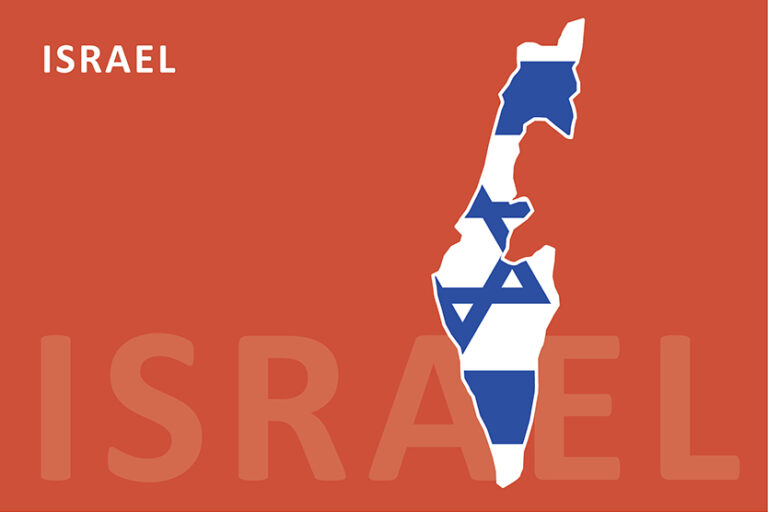Add to favorites:
Share:
Germany and Israel have jointly announced a call for proposals for collaborative R&D projects, running from May 21, 2024, to October 30, 2024. This initiative, supported by the Eureka Network, aims to foster innovation by encouraging joint research in all technological fields. Participating projects should focus on the development of ready-to-market solutions, products, services, or methods with significant commercial potential in Germany, Israel, and Europe.
Funded through the Israel Innovation Authority and Germany’s ZIM Program, the call is open to consortia comprising at least one company from both Israel and Germany, with the option for additional participants from other countries. Projects should leverage the strengths of both nations, such as access to R&D infrastructure, increased market reach, and enhanced expertise.
Eligible projects must demonstrate significant innovation, addressing market needs and generating commercial benefits like employment or societal impact. The project duration is capped at 36 months, with funding levels up to 60% of project costs for German SMEs and 50% for Israeli companies.
Applications will be evaluated based on innovation, impact, and the quality of the consortium, with final decisions expected by spring 2025. Applicants are encouraged to coordinate with their national funding bodies early in the process to ensure compliance with local regulations. Each consortium must submit a joint application, along with supporting documents, through the Eureka platform by October 30, 2024.
For more details on funding, eligibility, and application requirements, applicants are advised to consult the ZIM and Israel Innovation Authority websites.
You can find the tender document here.
Expected Outcome
The expected outcome of the Germany-Israel joint R&D projects is the development of innovative, ready-to-market solutions in the form of products, technology-based services, or methods that demonstrate strong commercial potential in Germany, Israel, and broader markets in Europe. Specifically, the projects should result in:
- Commercialization of New Technologies: Successful projects are expected to bring forth products or services that can be introduced to the market, offering significant value and addressing market needs in a competitive manner.
- Enhanced International Collaboration: The cooperation between German and Israeli companies, along with potential partners from other countries, should foster knowledge exchange, leverage diverse R&D infrastructures, and open new fields of application for innovative technologies.
- Economic Impact: The project should generate tangible economic benefits, such as increased business opportunities, market expansion, and job creation in both countries.
- Technological Advancements: The development of state-of-the-art technologies or processes that advance industry standards in their respective fields.
- Environmental and Societal Benefits: Besides economic gains, the projects should aim to provide positive societal and environmental impacts, such as improved sustainability or addressing global challenges.
These outcomes will not only strengthen the participants’ global market positioning but also contribute to the productivity and competitiveness of industries in both countries.
Scope
In all technological and application areas, you must develop ready-to-market solutions for products, technology-based services or methods, which have strong market potential for Germany, Israel and Europe. If your application is successful, you will receive a Eureka label.
Partner Requests
Explore Real Collaboration Opportunities
🔍 As a logged-in member, you now have exclusive access to all active Partner Requests for this Funding Call.
See who’s looking for collaborators, explore exciting project ideas, and discover how others are planning to make an impact.
💡 Use these insights to get inspired—or take the next step and start a request of your own (first 3 entries for free).
Log in or registrate here for free.
Ask our experts about this call
Connect with the Listing Owner!
💬 Please log in now to send a direct message to our experts and ask your questions. Not a member yet? Sign up for free and start connecting today!
Related Funding and Finance Opportunities
Unlock Exclusive Funding Opportunities!
🔑 Get instant access to tailored funding opportunities that perfectly match your needs. This powerful feature is exclusively available to our premium members—helping you save time, stay ahead of the competition, and secure the right funding faster.
Upgrade to Premium now and never miss an important opportunity again! Already a premium member? Log in here to explore your matches.
Related Innovation Offers
Discover Tailored Innovation Offers!
🚀 Gain access to technology solutions that match your specific needs and interests—carefully selected to support your innovation goals. These offers are exclusively available to our premium members, helping you identify relevant technologies faster and start the right conversations with potential partners.
Upgrade to Premium now and explore your personalized technology matches today! Already a premium member? Log in here to view your tailored offers.
Related Knowledgeable Resources
Discover More with Premium: Related Knowledge Resources
🔒 You’re missing out on expert-curated knowledge specifically matched to this topic. As a Premium member, you gain exclusive access to in-depth articles, guides, and insights that help you make smarter decisions, faster.
Whether you’re preparing a funding proposal, researching a new market, or just need reliable information—our Premium knowledge matches save you hours of research and point you directly to what matters.
Upgrade to Premium now and instantly unlock relevant knowledge tailored to your needs! Already a member? Log in here to view your personalized content.

